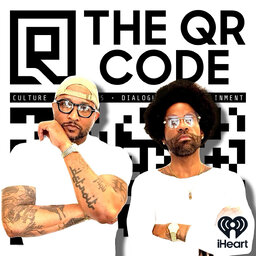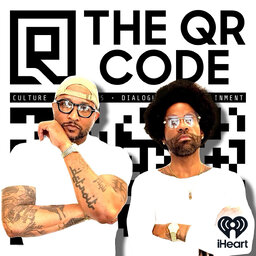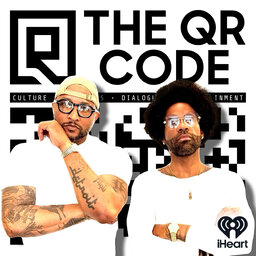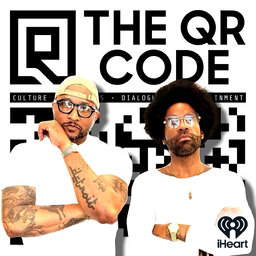May 16, 2024. Candace C. Jones Interview. Part 2
On today's podcast, we are thrilled to welcome back Candice C. Jones, President and CEO of the Public Welfare Foundation. On the final part of our discussion, Candice shares more about the mission for the Public Welfare Foundation
Part 2 of 2
 The QR Code
The QR Code


